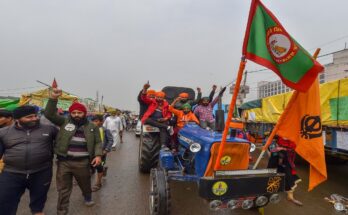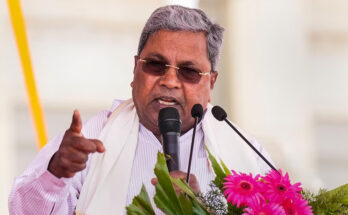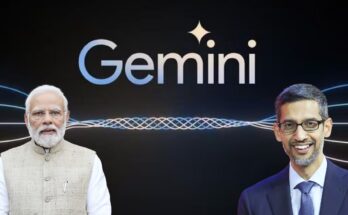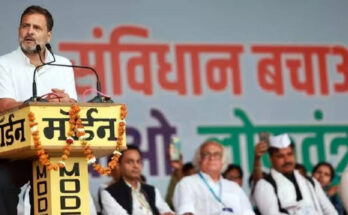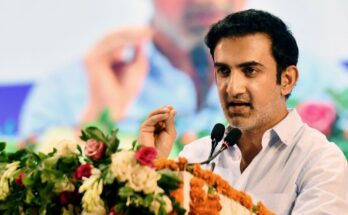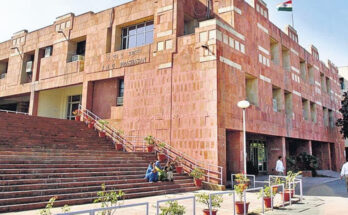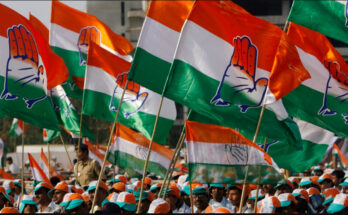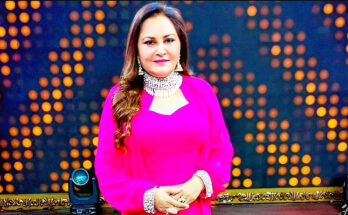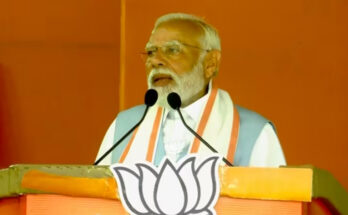
PM Modi Meets Women Alleging Sexual Assault by Sheikh Shahjahan in Sandeshkhali
Prime Minister Narendra Modi today met with women from Sandeshkhali who have accused Sheikh Shahjahan, a suspended Trinamool Congress (TMC) leader, of sexual assault. This meeting occurred following a public …
PM Modi Meets Women Alleging Sexual Assault by Sheikh Shahjahan in Sandeshkhali Read More
